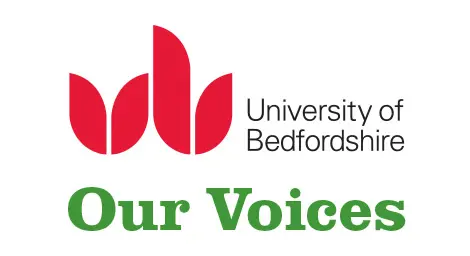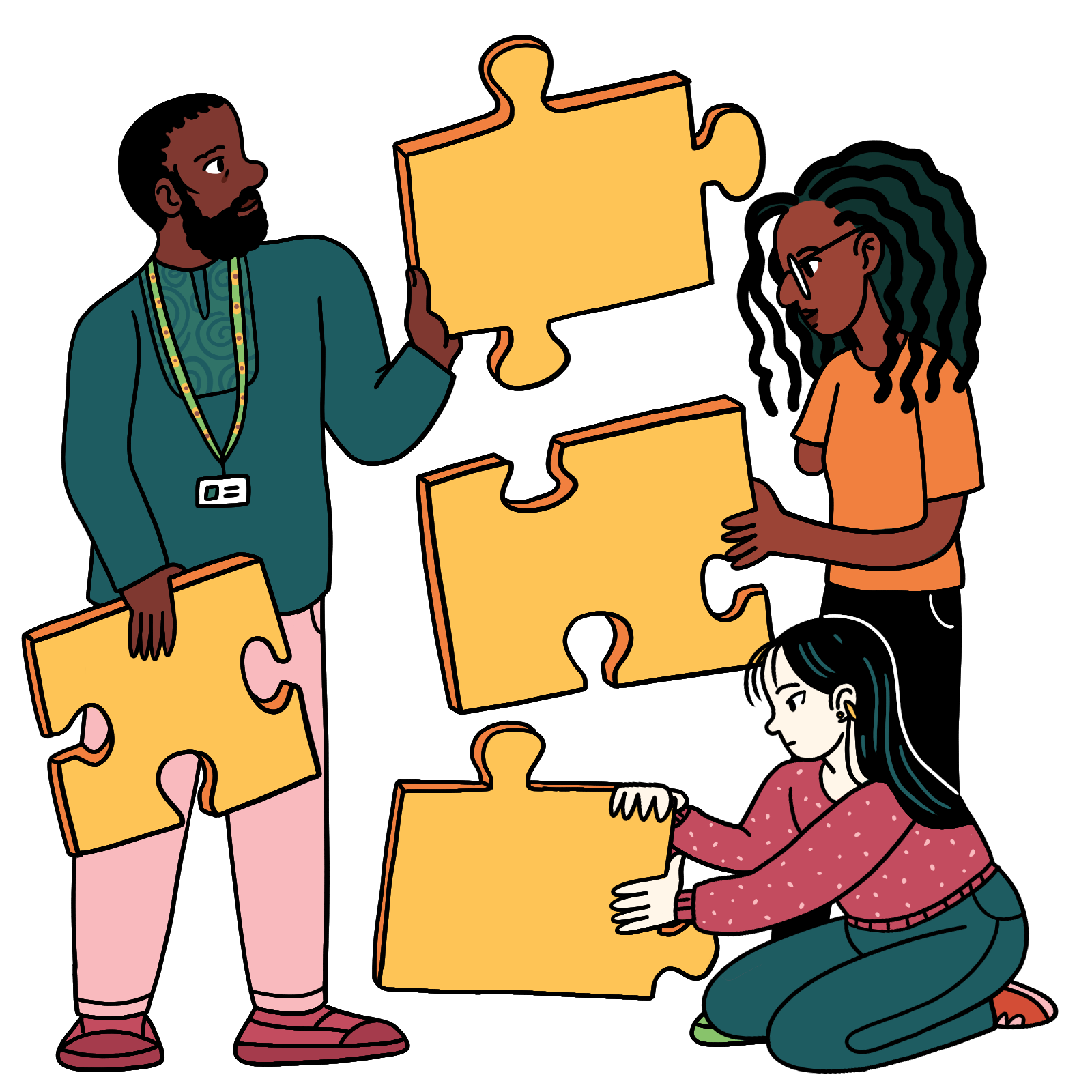Across the Our Voices programme, the crucial role of the facilitator has been a key theme cutting across the different strands of work.
Our research and learning indicates that many of the potential risks and challenges that may arise in participatory working can often be mitigated if facilitators have the right experience, training and support.
Read more about this in our briefing Factors that influence outcomes when supporting the participation rights of children and young people with lived experience of child sexual abuse and exploitation.
There are a number of areas that are useful for facilitators to explore in depth when undertaking this work, including:
- Ethical research and practice
- Self-care and setting personal boundaries
- Understanding the local socio-political, legal and cultural context
- Being able to identify potential risks and develop mitigation strategies (see section 3: planning)
- Safeguarding
- Communication skills and active listening
- Responding to disclosures (see section 6: doing)
- Managing (and communicating about) confidentiality
- Responding to distress
- Managing group boundaries and difficult group dynamics
- Trauma-informed practice (based on an understanding of the potential impacts and dynamics of experiencing childhood sexual violence).
For those with less experience of facilitating groups with this cohort of young people, it can also be helpful to observe, co-facilitate and shadow those more experienced to see how different scenarios can arise and how to support and respond in these situations.
|
Practice example: Improving practice by delivering training on participation for specialist sexual violence support services As part of the ‘LEAP Against Sexual Violence’ project , 88 professionals from specialist sexual violence support services across four countries undertook training on participatory practice. This included professionals from the four partner organisations who would go onto co-facilitate workshops with young people affected by sexual violence as part of this project. Following their participation in the training, professionals were then invited to attend an ongoing community of practice (read more about this in section 7: reflecting and evaluating). The four-day training was written and piloted with one group of professionals in the UK by Abi Billinghurst. The training course covered:
Evaluation data showed that those who took part in the training (and community of practice) did appear to improve their knowledge, skills and understanding of child-rights and safe and ethical participatory practice when working with children and young people affected by sexual violence. There were also examples of how professionals had changed their practice based on this acquisition of new knowledge and skills. Professionals reported developing confidence to develop their own practice and achievements in improving the approaches taken by their organisations when it came to involving children and young people in decision-making. Access the slide packs developed for the LEAP 4-day training programme on participatory practice for specialist sexual violence service providers. |
As part of the LEAP Against Sexual Violence project, we worked with Childhub to develop an open access online course. Take the Participatory Practice for Children and Young People Affected by Sexual Violence course.




